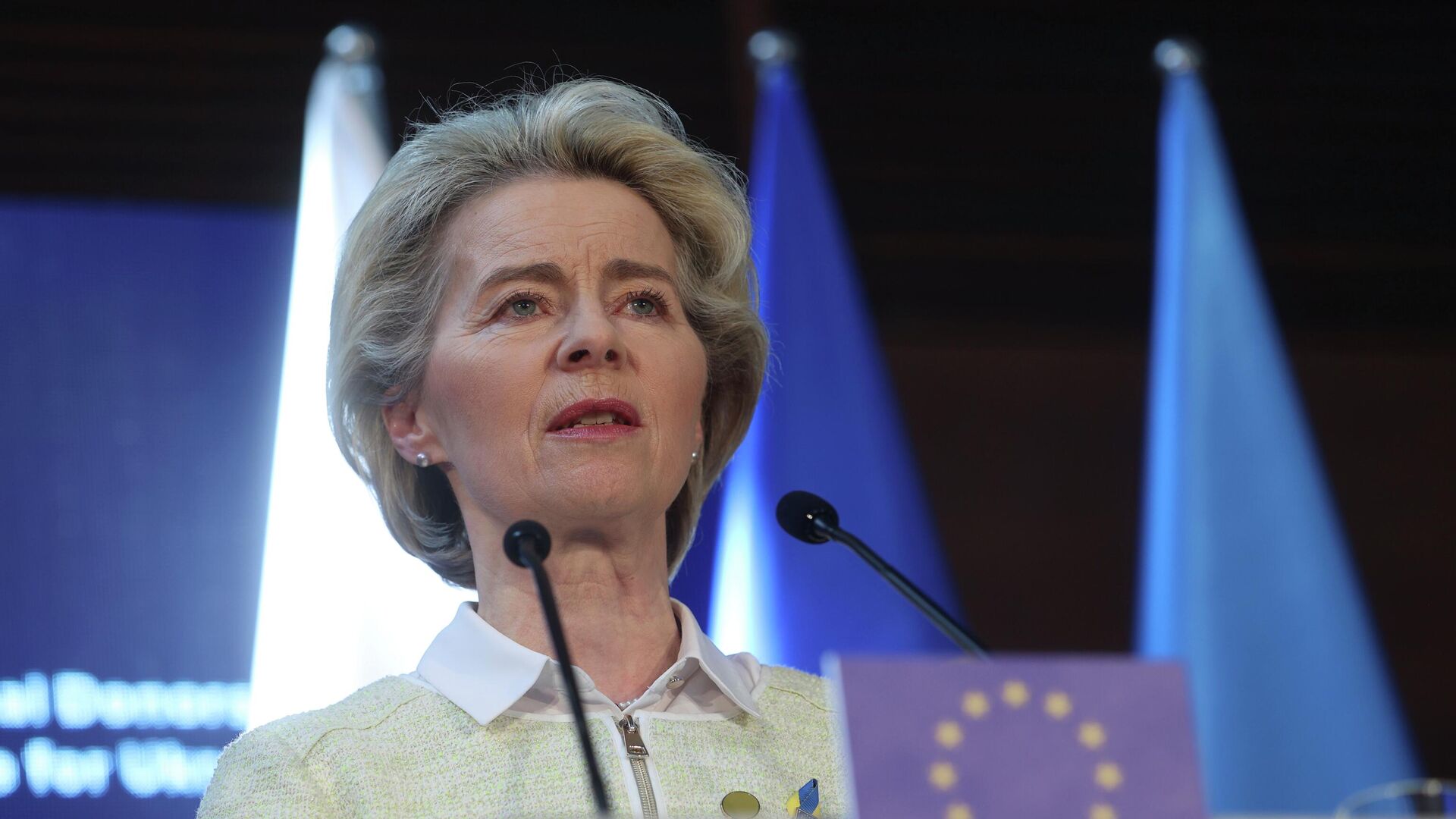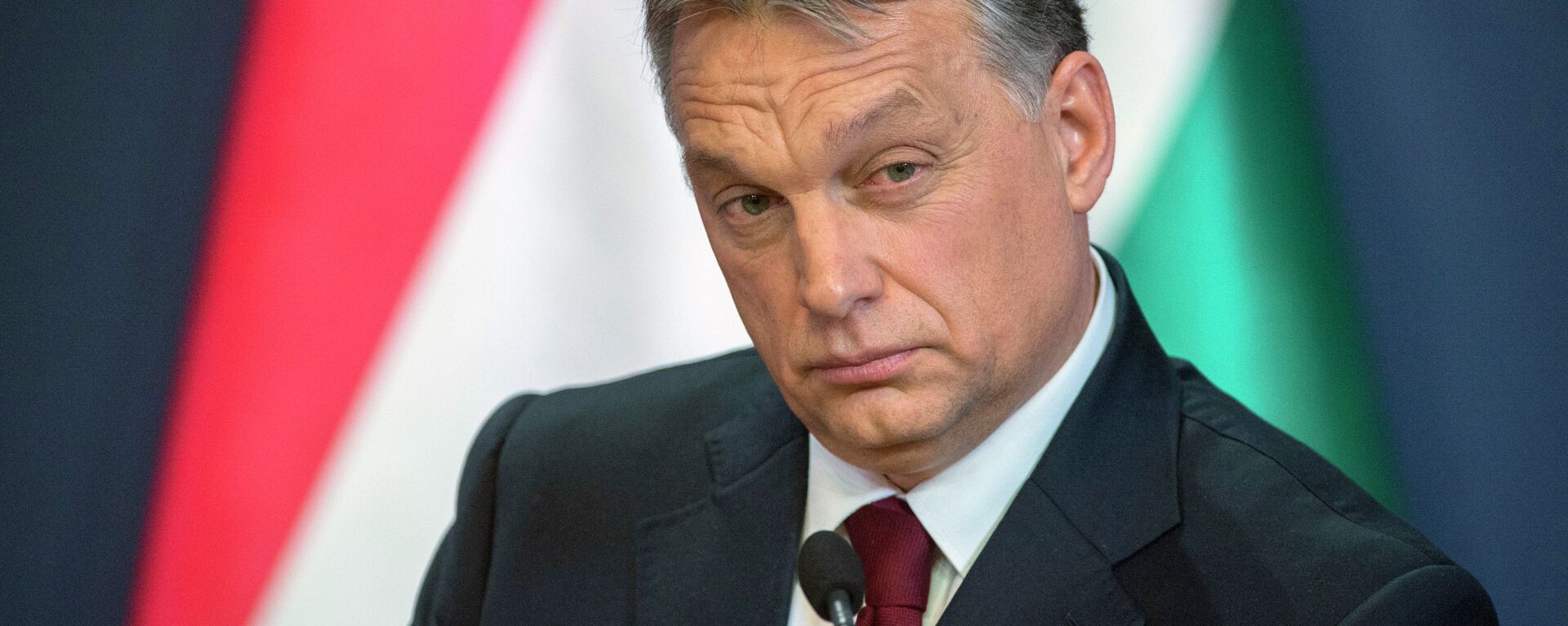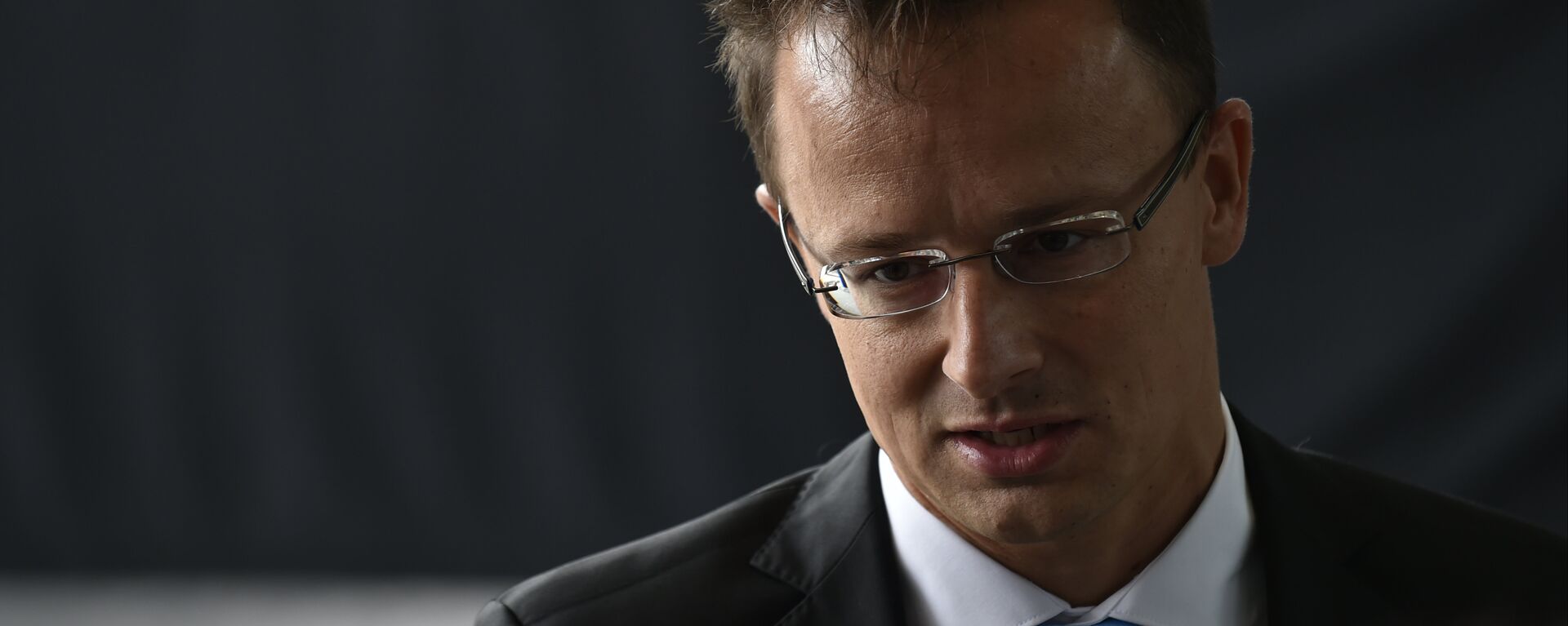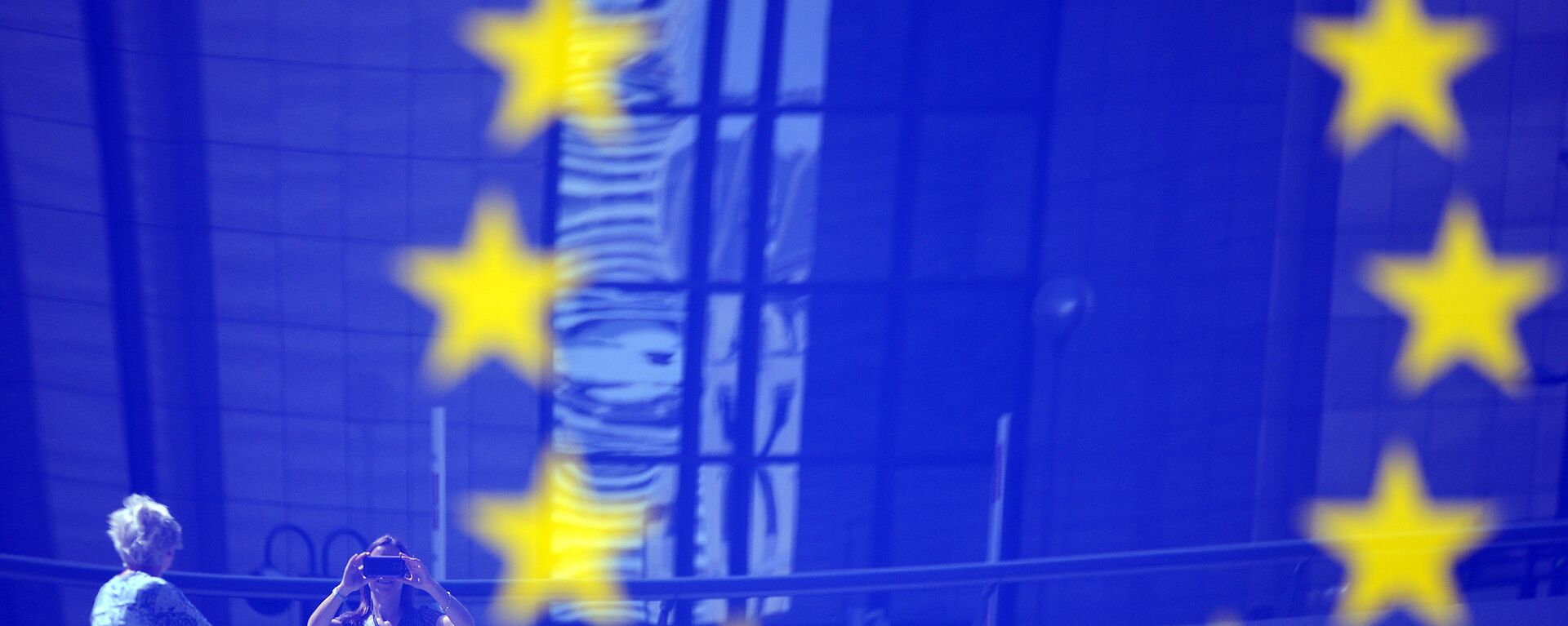'We Have Tools', EU's Von der Leyen Warns Italy, as Right-Wing Alliance on Course to Win Election
14:06 GMT 23.09.2022 (Updated: 17:04 GMT 12.04.2023)

© AP Photo / Michal Dyjuk / President of the European Commission Ursula von der Leyen attends during the press conference after the High-Level International Donor's Conference for Ukraine
Subscribe
Giorgia Meloni's Brothers of Italy (FdI) party is expected to take around 25% of the vote in the parliamentary election on Sunday, potentially making history by giving the country its first female Prime Minister.
European Commission chief Ursula von der Leyen issued a thinly veiled warning to Italy, hinting at consequences ahead of Sunday's snap parliamentary election that the right-wing alliance led by Giorgia Meloni is expected to win.
After barely scraping 4% of the vote in 2018, Meloni’s Fratelli d’Italia (FdI), or Brothers of Italy party, is projected to top polls.
FdI emerged from a split within ex-Prime Minister Silvio Berlusconi's party, The People of Freedom (PdL), in December 2012. Meloni’s current conservative alliance also includes Matteo Salvini's League, Silvio Berlusconi's Forza Italia, and a minor coalition partner, Noi Moderati.
Before the blackout on publication of polls came into force on September 9, Brothers of Italy was seen as securing up to 25% of the vote, the League around 12% and Forza Italia 8%. This means that the coalition could easily win a majority of the seats in the lower and upper houses of parliament. The snap election was triggered by the resignation of Prime Minister Mario Draghi in July against the backdrop of a fractious political coalition split over his economic policies.
Some European capitals have reportedly been voicing concerns over the forthcoming election and the blowback the results might have for ties between Brussels and Rome.
"My approach is that whatever democratic government is willing to work with us, we're working together," von der Leyen said at America’s Princeton University on September 22, when asked if she had any concerns regarding the upcoming elections in Italy.
"If things go in a difficult direction, I've spoken about Hungary and Poland, we have tools," she added.
In response, Matteo Salvini, the head of the League, denounced von der Leyen’s comments on Twitter as "shameful arrogance" and questioned if this was a “threat”.
"Respect the free, democratic and sovereign vote of the Italian people!" he added in his Twitter post.
Cos’è, una minaccia?
— Matteo Salvini (@matteosalvinimi) September 23, 2022
Vergognosa arroganza.
Rispetti il voto, libero, democratico e sovrano del popolo italiano! Amici di tutti, servi di nessuno. pic.twitter.com/aSUShmqFvY
Eric Mamer, spokesman for the European Commission, later told reporters that von der Leyen had been simply “stressing the role of the Commission as guardian of the (European) treaties with regard to the rule of law."

14 September 2022, 12:05 GMT
Brussels’ Punitive ‘Tools’
The “tools” thus ominously hinted at by Von der Leyen were a reference to last Sunday's recommendation by the European Commission to suspend some 7.5 billion euros in funding for Hungary over alleged rule-of-law violations.
"The Commission proposes a suspension of 65% of the commitments for three operational programs under cohesion policy, amounting to an estimated 7.5 billion euros [$7.5 billon]," Budget Commissioner Johannes Hahn told reporters. It was added that Budapest’s proposed remedial action could avert sanctions.
The Council of the European Union has one month to decide whether to approve the punitive measure, which would cost the eastern European nation a third of its funding under cohesion policy.
The rule-of-law mechanism process was formally launched in April after the EU accused Hungary of what it says amounts to undermining of democracy reflected in judiciary and media freedoms.
The Commission said that the EU budget remained at risk "pending the fulfilment of the key implementation steps." This financial sanction is the first such case in the 27-nation bloc.
In response, Hungarian Foreign Minister Peter Szijjarto said the European Parliament should deal with real problems of the EU, such as the ongoing energy crisis, instead of repeating "false accusations" against Budapest about violations of European values.

15 September 2022, 18:31 GMT


